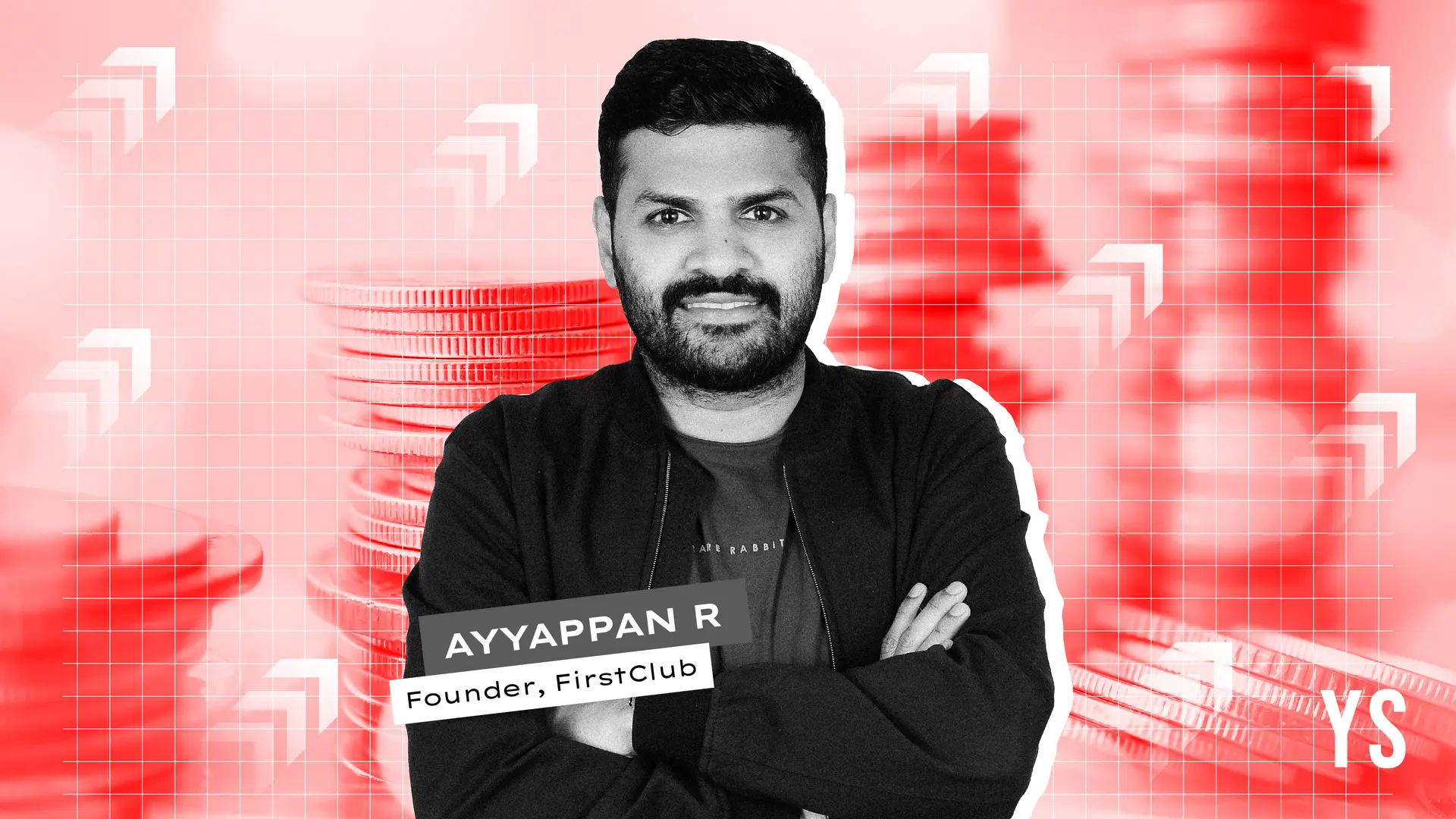E-commerce market sellers get a helping hand from Ligo
E-commerce changed the way business was conducted and the marketplace model changed it even further. Now the space is open for millions of potential sellers to mark their presence in the online world and reach out to millions of consumers.

But, is it that easy for potential sellers to reach out to online consumers? What about creating content, branding, execution, marketing strategy and many other intricacies of the online business world? Besides, it is as important for e-commerce players to have more sellers on their platforms.
A few years ago, when the e-commerce business was picking pace in India, Ambud Sharma was observing the development from the US. He was working as a chief technology architect with Comcast then. In December 2013, observing the growth in the Indian market, he planned a business and registered a company with the name Ligo Brands.
In February 2015, he returned to India and operationalised the company in July as an e-commerce retail and services platform specialising in online retail, brand management, seller services consulting and private-label consulting.
“The marketplace model in e-commerce throws open a huge business opportunity for sellers. We observed the potential of this model in India and decided to offer market solutions. We have made the service easily accessible to merchants who can show the true nature of their brands at one junction,” says Ambud, 31.
Ligo follows three kinds of business models — aggregator model, manage services or inventory model and private label consulting model.
In the first kind of model, it aggregates products and directly sells on various e-commerce sites.
In the ‘manage services model’, it manages the inventory of sellers and pushes the seller via its own platform.
The third model is private label consulting, in which it controls every part of the brand — from production to marketing to selling of products.
Besides, the company is also into exports, where it liquidates dead products of sellers into the markets of West Asia and Central Africa.
Also Read: The game is on – e-sellers versus Flipkart-Amazon-Snapdeal
Ambud says he is providing a robust in-house and technology-based warehouse. The main feature of the product is that it provides personalised customisation services to customer. It also does unique branding for unbranded stuff by adopting parallel branding or the co-branding model to leverage their brands with world-class brands.
The company works exclusively with its clients on a multi-layer contract basis. “We realise that end-to-end service is strongly needed for merchants,” he says.
Business strategy
Starting out with an outlay of Rs 1.5 crore, Ambud says the firm’s entire services are built in its own courtyard. It has a 30,000sqft warehouse space, with the capacity to deliver 5,000 units per day.
“Initially, we began working with top brands of fashion and accessories, such as Fila, Lee Cooper and Nike. Later, we opened access for less recognised fashion brands to come onto our platform and show the virtue of their products and accessories by adopting a new marketing strategy of parallel branding or co-marketing,” explains Ambud.
Also Read: Indian e-commerce to hit Rs 2,11,005cr in 2016: IAMAI study
The company clocked a turnover of Rs 5 crore last year. They are operating their flagship project in Dubai and have stretched their legs in the US market too.
The company has set a goal to hit turnover of Rs 20 crore this fiscal year and Rs 150 crore in the next five years.
The venture claims to grow rapidly across India and has plans to open warehouses in Bengaluru and Ahmedabad.
It has six customers and has been associated with 32 brands. It has 60 percent branded products and 40 percent in the unbranded fashion segment.
The venture mainly focusses on shoes and has recently introduced apparel and leather and travel accessories.
E-commerce grew, so did solution providers
In the e-commerce segment, there are multi-category e-retail companies offering full-stack solutions to sellers.
Launched in 2011, Zepo claims it can help one create and run an online store in under five minutes. The Mumbai-based DIY e-commerce platform offers a well-planned front-end, a simple dashboard and accepts online payments with a free payment gateway, as well as helps in logistics with a Bluedart partnership.
A similar platform, Kartrocket, offers end-to-end e-commerce solutions - setting up the website, integrated payment gateway, traffic generation tool, listing on marketplaces, and more than 200 apps along with automated shipping solutions. It plans to expand presence and even has an app to solve problems around cataloguing and traffic generation.
Goa-based Browntape, founded in 2012, is yet another cloud-based software that helps online merchants manage orders and inventory for e-commerce markets. It has an enterprise model crafted for large brands and retailers who have little experience in scaling sales on online marketplaces.







